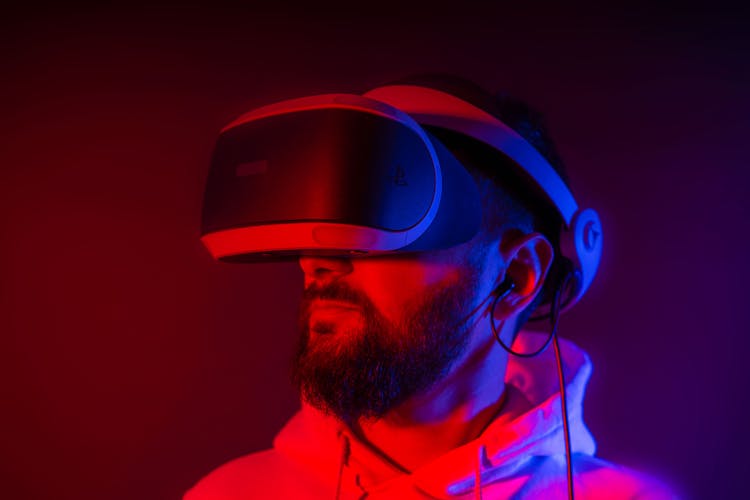All Categories
Featured
Table of Contents
Augmented Reality (AR) technology continues to transform how we interact with the digital world, blending it seamlessly with our physical environment. This powerful technology not only enhances user interaction but also offers unprecedented opportunities for industries ranging from healthcare to entertainment.
From augmented reality app development to sophisticated AR headsets, the landscape of AR technology is both vast and deep, promising exciting new applications as it evolves. Companies and developers aiming to tap into this potential must understand both the technical foundation and the creative possibilities AR offers.
Several sectors are already reaping the benefits of augmented reality. In the retail domain, AR allows customers to visualize products in their own space before making a purchase, as seen with IKEA's application that enables users to place furniture in their homes virtually. This not only enhances customer satisfaction but also reduces return rates.
In educational settings, AR is being harnessed to provide immersive learning experiences. By overlaying historical data or complex scientific models onto the real world, students can engage with the material in a more interactive and meaningful way, making learning both fun and effective.
AR’s Breakthroughs in Medical Fields
One of the most impactful applications of AR technology is in the healthcare sector. AR aids in complex surgical procedures by providing surgeons with real-time data and 3D visualizations of the patient's anatomy. This not only enhances precision but also significantly improves outcomes. Furthermore, AR applications are providing innovative solutions for patient care, including virtual reality exposure therapy which assists individuals in overcoming phobias and anxiety disorders.
The development of AR glasses and headsets, like those from Magic Leap, has further pushed the boundaries of what's possible in medical training and education. Students can witness live surgeries and diagnostics through AR lenses, gaining valuable insights without being physically present in the operating room.
Transformative AR Applications in E-Commerce
AR has proven to be a game-changer in the realm of e-commerce. By enabling customers to see 3D representations of products overlaid in their actual environment, retailers are not only enhancing the shopping experience but also empowering consumers with more information to make informed purchasing decisions. Warby Parker’s virtual try-on system exemplifies this, allowing customers to see how different eyewear styles will look on their faces directly from their device screens.
E-commerce giants are increasingly adopting AR to provide an immersive shopping experience that drives engagement and sales. By leveraging AR, retailers are able to create a unique shopping environment that blends the convenience of online shopping with the assurance of physical retail.
Transforming Entertainment through AR
The entertainment industry is another area where AR is making significant inroads. From augmented reality games like Pokémon Go to AR-enhanced live concerts, the technology offers fans new ways to experience and interact with content.
Consider an AR concert where fans not only hear the music but also see holographic visuals of the performers, integrated creatively into the physical space around them. This melding of digital and physical realms delivers a concert experience that is both unique and unforgettable, pushing the boundaries of what entertainment can provide.
What are some successful applications of Augmented Reality in different industries?
How does AR enhance immersive experiences in retail and e-commerce?

Essential Reads
Latest Posts
Boxed and Ready: Your Guide to Packing Books for a Move
Guided Mindfulness: Your Path to Inner Tranquility
Mindfulness Practices for Everyday Life